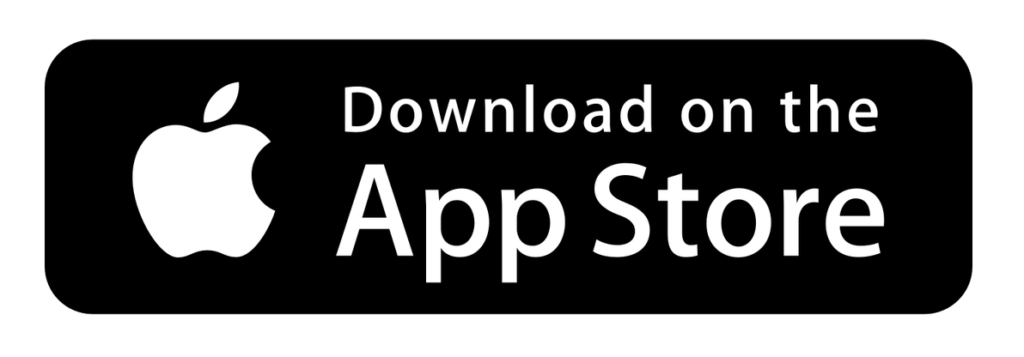In today’s professional world, your contacts can make all the difference when it comes to landing that dream job or securing investment for your new venture.
But how do you reconnect with someone you haven’t spoken to in a long time? How do you get back in touch with a contact you interned with a decade ago and have lost touch with? How do you approach someone you met through a network of friends but barely know? Reaching out to people with whom you have no real relationship for help can be awkward. So, it’s important to go about reconnecting with old contacts the right way. Here are a few tips to help you get off on the right track and make a lasting impression.

Be Upfront
Avoid being overly personal when reaching out to someone you met a long time ago but had no close relationship with. Be upfront about what you want but do so in a thoughtful and sincere way.
For example, if you lost touch with an acquaintance a decade ago, don’t act as if you two are closer than you actually are. Instead, reintroduce yourself and talk about how you know each other. You could start by saying something like:
Hi Mark, We met at a comic convention in Seattle, Washington, three years ago, where we bonded over our shared interest in film making. I'm contacting you because you mentioned that you work at (Name); I saw that they are looking to fill a new position. Would it be OK if I ask a few questions about your experience at the company? Thank you, Michael Lee
Remember that a good first impression is important at this stage. So keep your first message concise and on point. The secret to reconnecting successfully with an old contact is to do everything in moderation, don’t oversell or undersell your connection with a former contact.

Practice Good Networking Etiquette
When you have exchanged a few messages with your contact, things can get stale after the initial excitement wore off. But should you keep the conversation going even when there’s nothing left to say?
The best way forward is to employ proper networking etiquette is: Be considerate of those you’re reaching out to and be respectful of their time. Don’t a send message just because you want to keep things going, make every correspondence count. Save your contact’s time by keeping things simple. If you need to meet face to face say so. You could say:
“I moved to Nashville last summer, and am looking to explore the local scenes. Would you be up for a drink or coffee at (Name) so we can catch up? Let me know.”
Meeting face to face can dramatically move things forward. However, you shouldn’t force your contact to meet if he or she is not ready yet. Most things can be done virtually these days anyway.
Furthermore, networking is not a one-way street, offer to help your contact with something. Research suggests that relationships that are mutually beneficial tend to produce better outcomes. So don’t just take, lend a hand where you can.

Set Plans To Meet
If you’re reconnecting with contacts you haven’t seen in a while, it’s best to invite them to fixed events such as (trade expos, conferences, sporting competitions, etc.) — events that can help you bond and connect on a deeper level.
With fixed events, if things get awkward you can easily change the topic or focus on the activity at hand. If everything goes well on your first meeting, it’s a good idea to schedule another meet-up. That way you can get to know each other better, and hopefully build a lasting connection.

Expand Your Network Of Contacts
Lastly, expand your network of “go-to” people. Attend networking events to reconnect with old friends, former co-workers, and meet new people.
As your career evolves, so should your network. It’s a given that some contacts will fall off along the way, while others will simply move on, so you need to meet new people and diversify your contacts, this is particularly true in today’s evolving business environment.
If you recently started a new job or moved to a new city, network with other professionals in your area. Attend events where you can connect with people from a wide variety of industries. This way you can forge new allies and build a diverse network of contacts you can count on as your career progresses.


